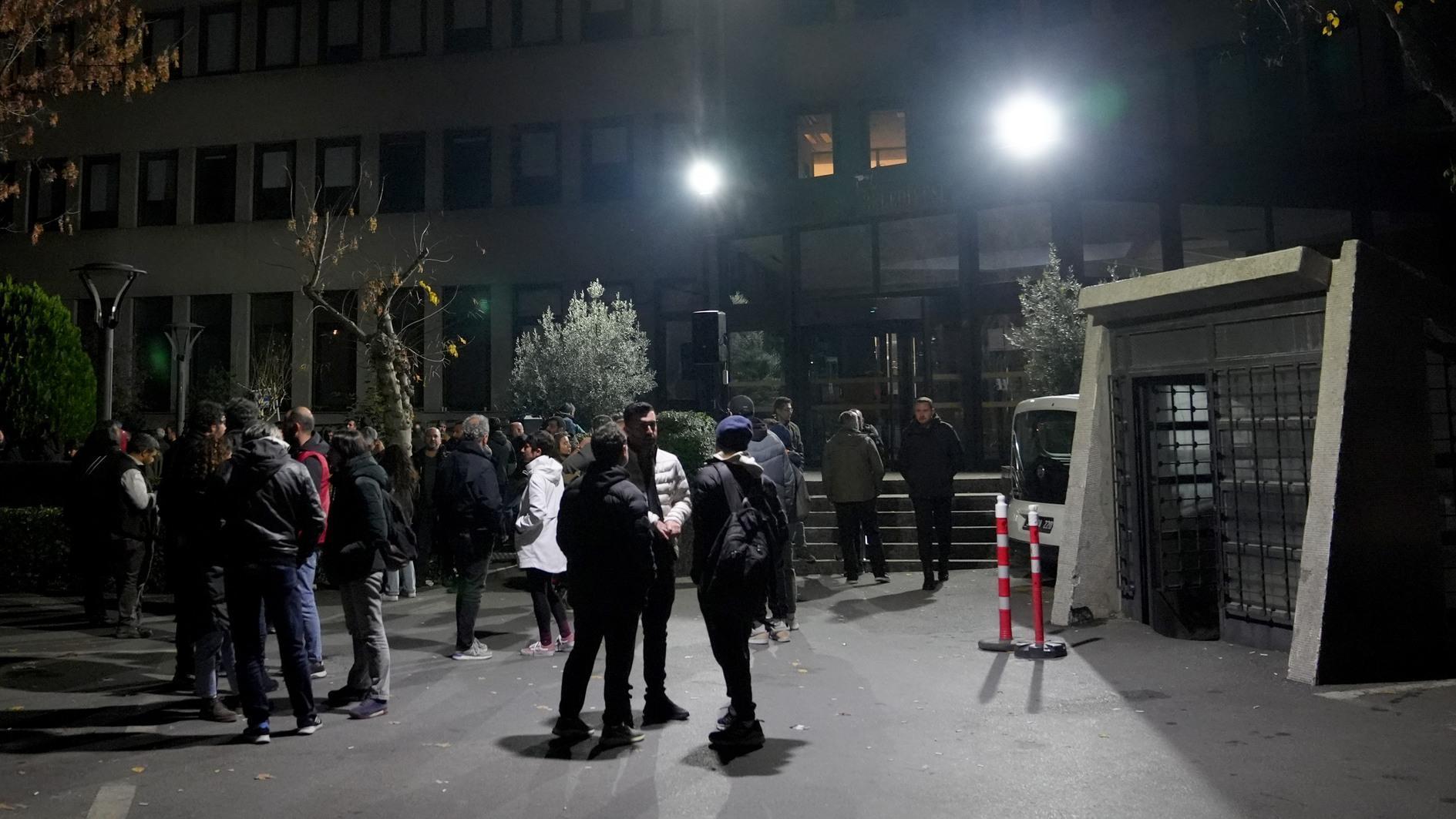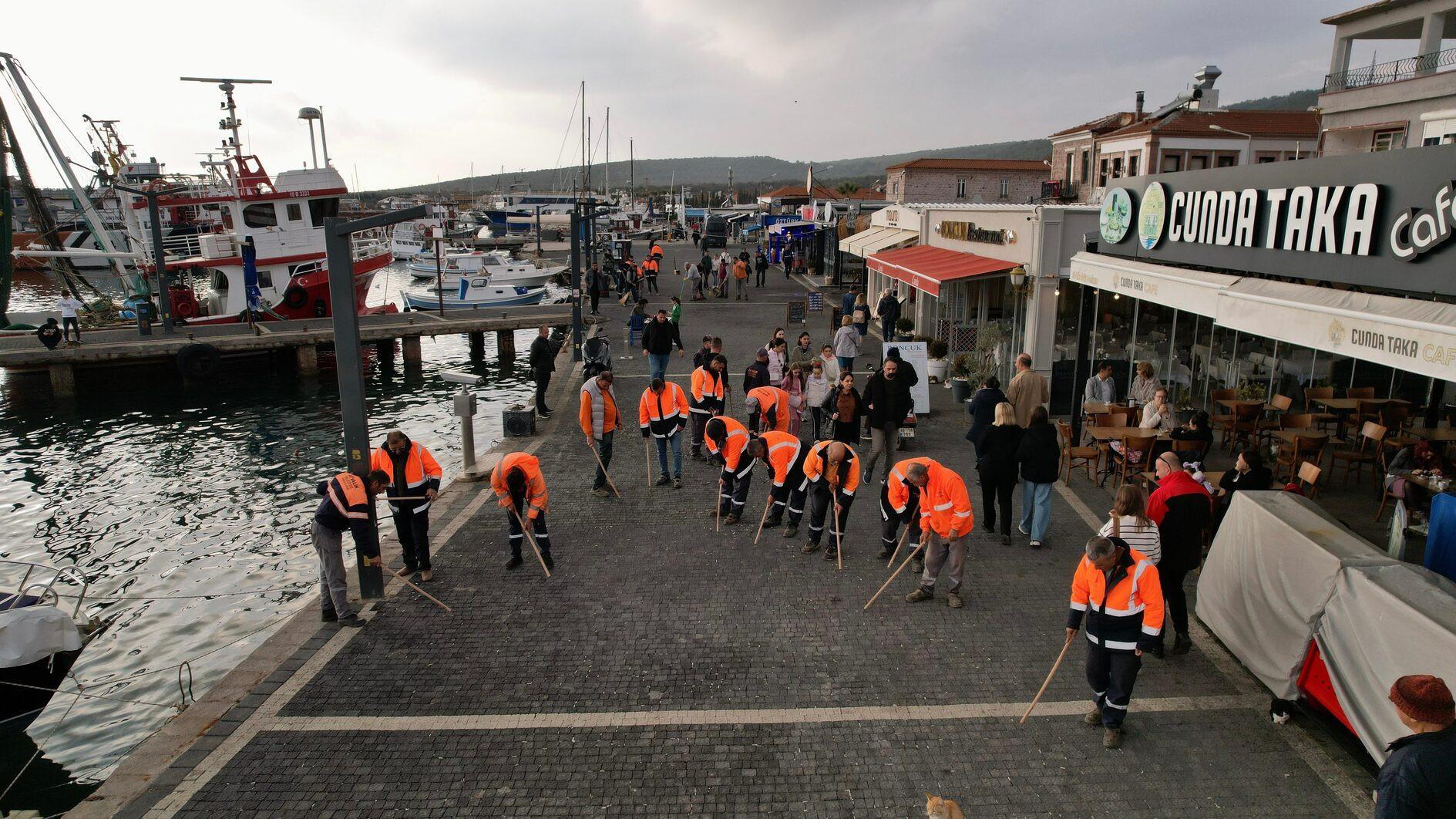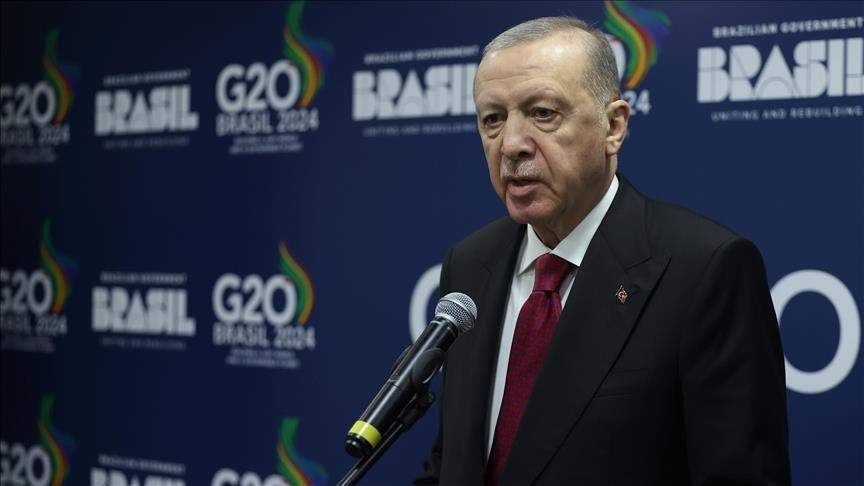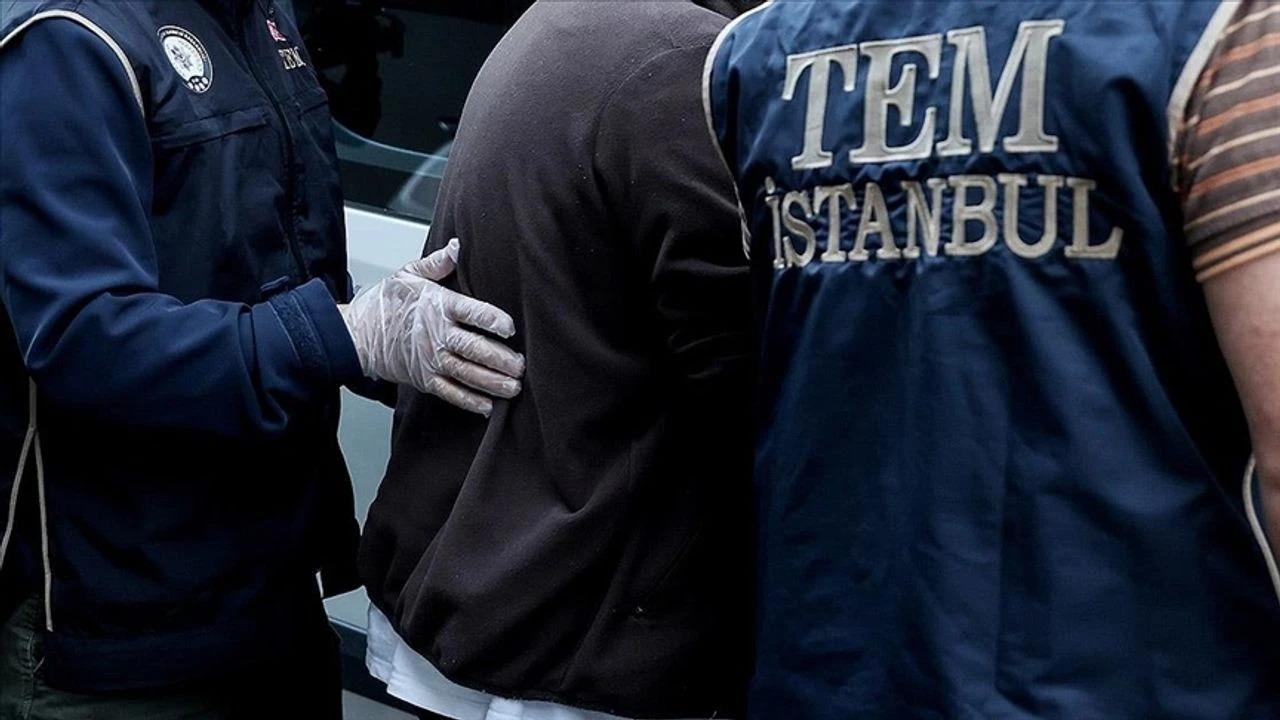Iran’s deal pushes Turkey to revise its regional posture
Only a few days after Iran and the P5+1 group of world powers announced their historic deal on the former’s nuclear program, a top Hamas delegation went to Saudi Arabia to hold talks with new King Salman for the first meeting between the two sides in years.
A source told Reuters that “The delegation discussed Palestinian unity and the political situation in the region. This meeting will hopefully develop relations between Hamas and Saudi Arabia.”
The meeting is seen as part of the new position that the Saudi King has taken after assuming the throne in early 2015. The main essence of this new position is that Saudi Arabia regards Iran as its number one enemy, especially after the collapse of the Arab Spring in Egypt and Syria. The war in Yemen and the intensifying proxy wars across the entire Middle East are evidence of this.
Saudi Arabia is obviously trying to multiply its allies against Iranian ambitions to spread its influence throughout the region.
Like Saudi Arabia, Israel also staunchly opposes the deal brokered between Iran and the P5+1, and has openly increased its efforts to nix the approval of the agreement at the U.S. Congress. There are unconfirmed reports about secret talks between senior Israeli and Saudi officials against their common enemy.
Iran, on the other hand, is enjoying how the agreement is set to pave the way for the isolated country to return to the international arena with all of its influence. It is also crafting plans to capitalize on the deal to help it recover its wounded economy. At the same time, it is trying to alleviate the concerns of Gulf countries through positive messages. In a written message on the occasion of the Eid al-Fitr holiday, Iranian Foreign Minister Mohammad Javad Zarif said that “By solving the artificial crisis about its nuclear program diplomatically, a new opportunity for regional and international cooperation has emerged.”
Zarif is also planning to embark on a tour of Gulf countries to make clear that Iran is seriously determined to further expand ties with regional states and its neighbors.
These very important developments come at a moment when the region is passing through days encircled with unending violence committed by a number of extremist jihadist organizations, with the Islamic State of Iraq and the Levant (ISIL) topping all of them. Syria and Iraq both face problems in maintaining their political and territorial integrity and there appears to be no quick solution to these concerns.
This is why intensified cooperation between Iran and Turkey would be to the advantage of the entire region’s stability, as well as to bilateral economic and trade relations. Having good relations with both the Saudi Kingdom and Iran at the same time, Turkey can play a constructive role for the reconciliation of these actors and for providing stability to the region.
A telephone conversation between Rouhani and Turkish President Recep Tayyip Erdoğan late on July 16 would be seen as a good start for the two countries to look together into the opportunities and challenges of this new era. The inclusion of Iran into the world system would no doubt facilitate resolving some of very tough regional problems, like in Syria, if Tehran ceases its ambitions to further increase its Shiite influence in the region.
Turkey could play a balancing and mediating role in the region in line with these new conditions, but it should seriously revise its foreign policy and re-calibrate it accordingly. The next government’s priority should obviously be a complete overhaul of foreign policy in line with necessities.
A recent meeting with Israeli officials discussing Turkey’s active participation in the fight against ISIL, stepping up its fight against ISIL militants inside Turkey, and blocking ISIL’s websites, can be seen as preliminary steps to this end. There will be many more in the next government’s agenda if it wants Turkey to regain its regional weight as a credible, respected actor.











